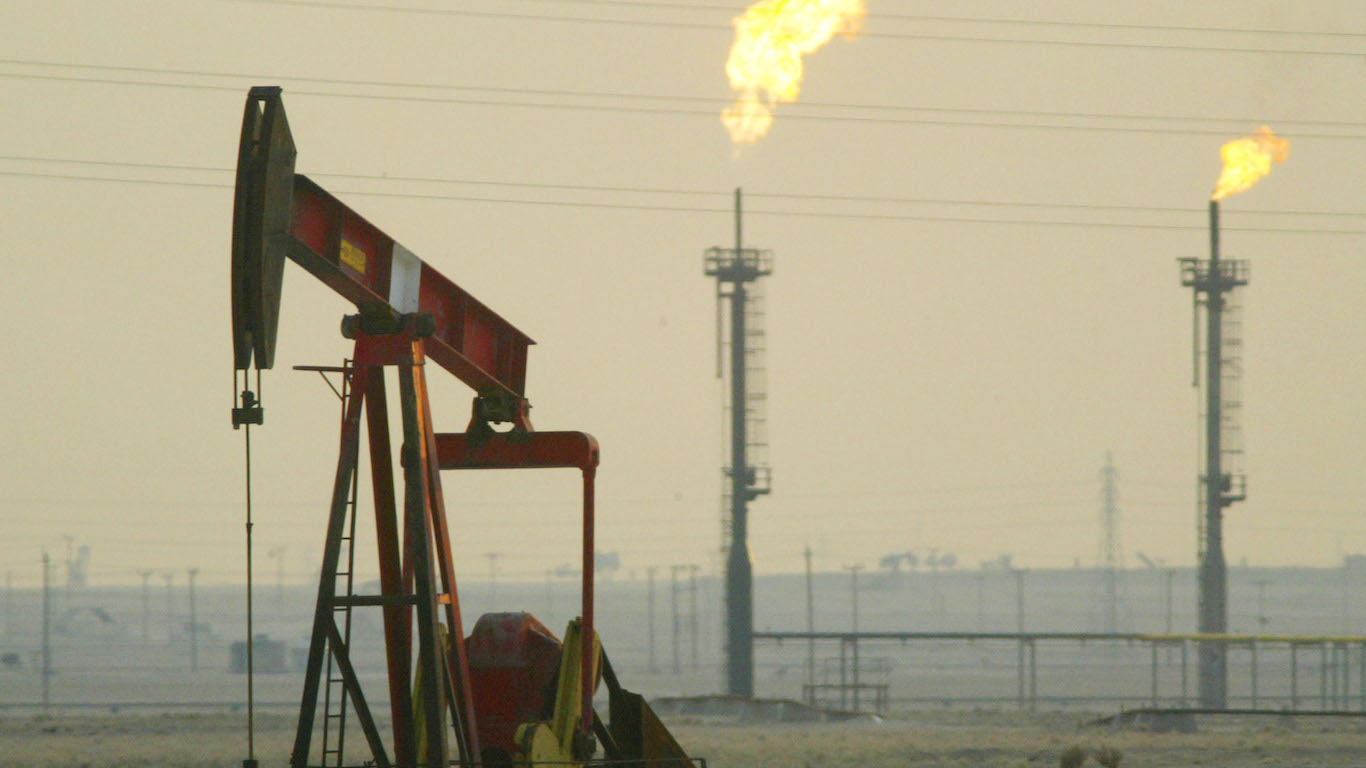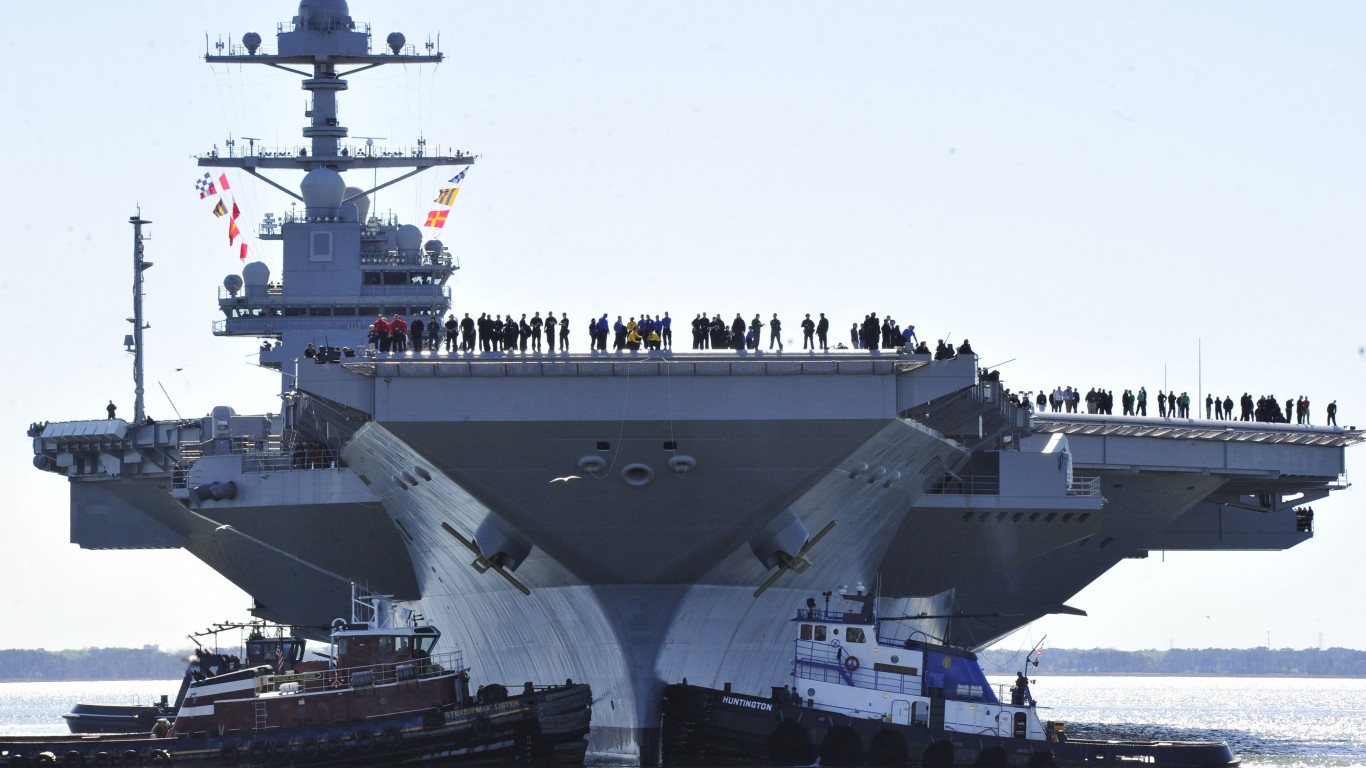
A 2,330-square-mile area bordering the Persian Gulf between Saudi Arabia and Kuwait, known as the Neutral Zone, has produced no oil for more than four years. Not because there’s none there, but because the Saudis granted Chevron a 25-year extension to a concession in the Wafra field without consulting the Kuwaitis. Oil production from the Neutral Zone is supposed to be shared by the two countries.
The zone contains two major oil fields, Khafji and Wafra, that together produced about 500,000 barrels a day before being shut in. Bloomberg reported Sunday that the two governments have reached an agreement and that Saudi oil minister Prince Abdulaziz bin Salman will travel to Kuwait on Tuesday to sign a deal restarting production.
An agreement to restart production does not necessarily mean that production will restart. Earlier this month OPEC+ agreed to maintain its 1.7 million barrel per day production cut, and the Saudis even agreed to chop an additional 400,000 barrels a day from their production level. Restarting Neutral Zone production would have no effect on the agreement to reduce production.
It’s worth noting that the total OPEC+ output reduction of 2.1 million barrels has been agreed upon only through March of 2020. And even at that, in its Oil Market Report for December, the International Energy Agency (IEA) said that the sharper cuts will make no difference to the glut in global stockpiles of crude:
Despite the additional curbs and a reduction in our forecast of 2020 non-OPEC supply growth to 2.1 [million barrels a day], global oil inventories could build by [700,000 barrels a day] in 1Q20. In November, global oil supplies held steady at 101.36 [million barrels a day], down 1.2 [million barrels, year over year].
Restarting production from wells that have been shut in is not as easy or quick as turning on a tap. Full production from the Khafji and Wafra fields may not be back until March or even April, about the same time that the current OPEC+ production cut is set to expire.
Coincidence? Unlikely. The Russians have been saying for some time that the production cuts have done their job (i.e., boosting crude oil prices) and could be lifted. By threatening to increase production, the Russians have forced the Saudis to do something other than make deeper cuts to their own output. The choice is easy: if you (the Russians) raise production in April, we (the Saudis and Kuwaitis) can do the same thing.
Everybody could lose, while if the cuts remain in place, OPEC+ may not be winning but at least it won’t be losing as a result of lower prices.
There have been reports that the Saudis and Kuwaitis have been talking since October about resolving the dispute that led to the shutdown of production from the Neutral Zone. They could have talked for years longer if had been to their advantage. It’s not when they need to put another piece in play.
It’s Your Money, Your Future—Own It (sponsor)
Are you ahead, or behind on retirement? For families with more than $500,000 saved for retirement, finding a financial advisor who puts your interest first can be the difference, and today it’s easier than ever. SmartAsset’s free tool matches you with up to three fiduciary financial advisors who serve your area in minutes. Each advisor has been carefully vetted and must act in your best interests. Start your search now.
If you’ve saved and built a substantial nest egg for you and your family, don’t delay; get started right here and help your retirement dreams become a retirement reality.
Thank you for reading! Have some feedback for us?
Contact the 24/7 Wall St. editorial team.
 24/7 Wall St.
24/7 Wall St.



